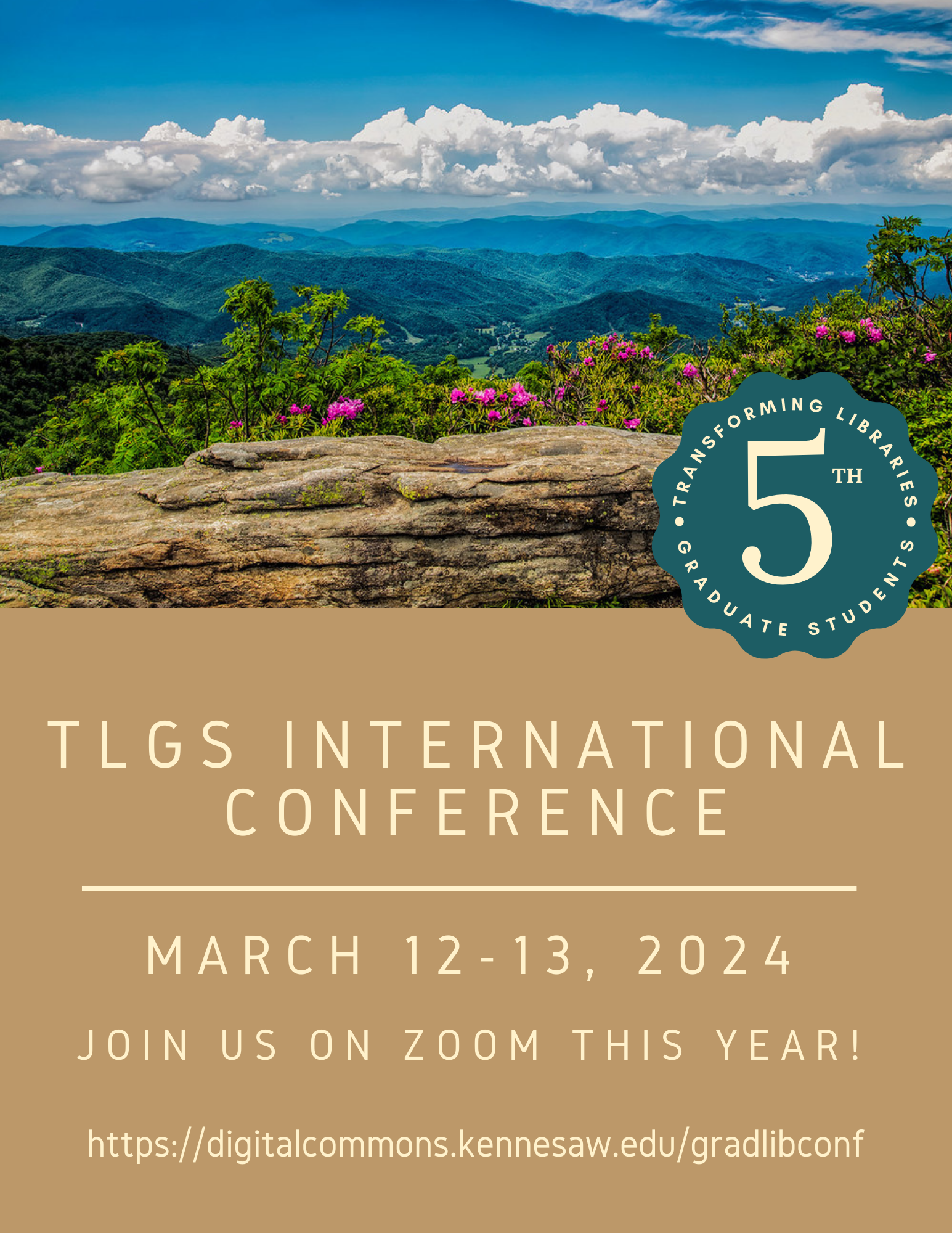Start Date
3-17-2022 3:00 PM
End Date
3-17-2022 3:30 PM
Keywords
information science, practical skills, future librarians, reference, virtual reference
Description of Proposal
While Master of Library and Information Science programs provide students with a space to explore many theoretical subjects, few opportunities for practical experience are offered. At a large research university in Canada, the Library has created a program to hire graduate students in Library and Information Science and train them to provide reference services. Students receive training on the reference interview, subject-specific tools, the virtual reference platform, and are expected to complete several hours of shadowing with experienced librarians. The program presents a unique occasion for students to not only receive formal training but to also benefit from informal mentorship from librarians in different subject areas. Once the training is completed, students provide reference assistance to a large student population in person and through virtual reference (chat, email, and text). Once they are comfortable with reference, the graduate students are also provided with opportunities to co-teach information literacy instruction sessions to gain valuable teaching experience. They can also be called upon to complete special projects with librarians such as book displays or library subject guides.
This presentation will highlight how to create job opportunities for future librarians and provide an overview of the training program, with a focus on the practical skills needed to offer reference services. Special attention will be given to how academic libraries can provide the practical experience in reference and instruction that can be absent in the Master’s program.
Ready for it? Training Library School Graduate Students to Provide Reference Services
While Master of Library and Information Science programs provide students with a space to explore many theoretical subjects, few opportunities for practical experience are offered. At a large research university in Canada, the Library has created a program to hire graduate students in Library and Information Science and train them to provide reference services. Students receive training on the reference interview, subject-specific tools, the virtual reference platform, and are expected to complete several hours of shadowing with experienced librarians. The program presents a unique occasion for students to not only receive formal training but to also benefit from informal mentorship from librarians in different subject areas. Once the training is completed, students provide reference assistance to a large student population in person and through virtual reference (chat, email, and text). Once they are comfortable with reference, the graduate students are also provided with opportunities to co-teach information literacy instruction sessions to gain valuable teaching experience. They can also be called upon to complete special projects with librarians such as book displays or library subject guides.
This presentation will highlight how to create job opportunities for future librarians and provide an overview of the training program, with a focus on the practical skills needed to offer reference services. Special attention will be given to how academic libraries can provide the practical experience in reference and instruction that can be absent in the Master’s program.



What takeaways will attendees learn from your session?